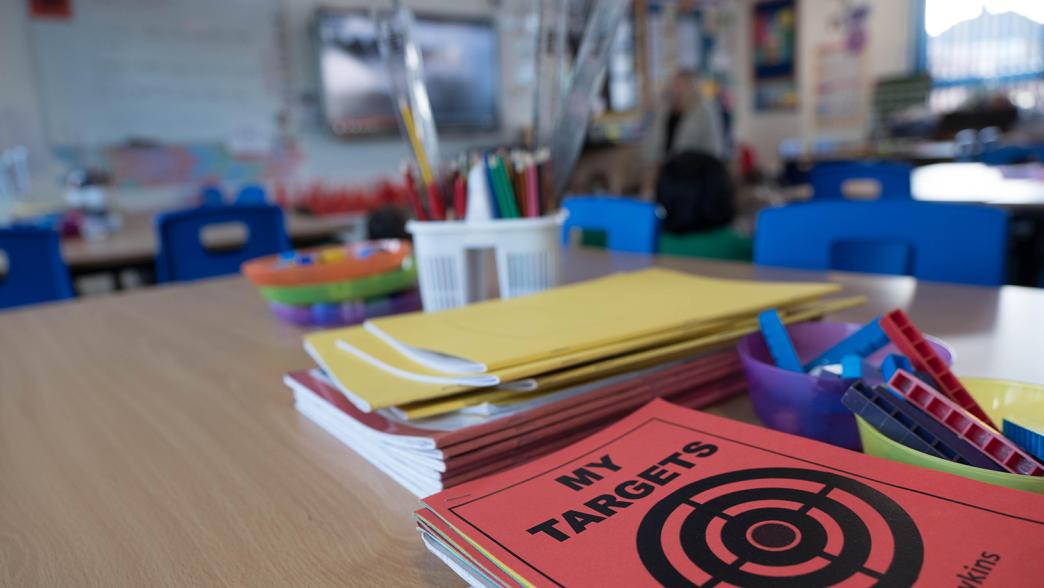How could Ofsted and the Department for Education reform school inspections in England?
The new chief inspector will need better support from ministers to reform Ofsted.

The new chief inspector will need better support from ministers to reform Ofsted.

Our flagship report assesses the comparative problems faced by critical public services such as the NHS, schools and the police.
Deficits in local authority education budgets need to be urgently addressed.
Investing in prevention could save money and improve productivity – so is it time for government to rethink public service spending?
TES Magazine picks up on Sam Freedman's insight paper 'How could Ofsted and the Department for Education reform school inspections in England?'.